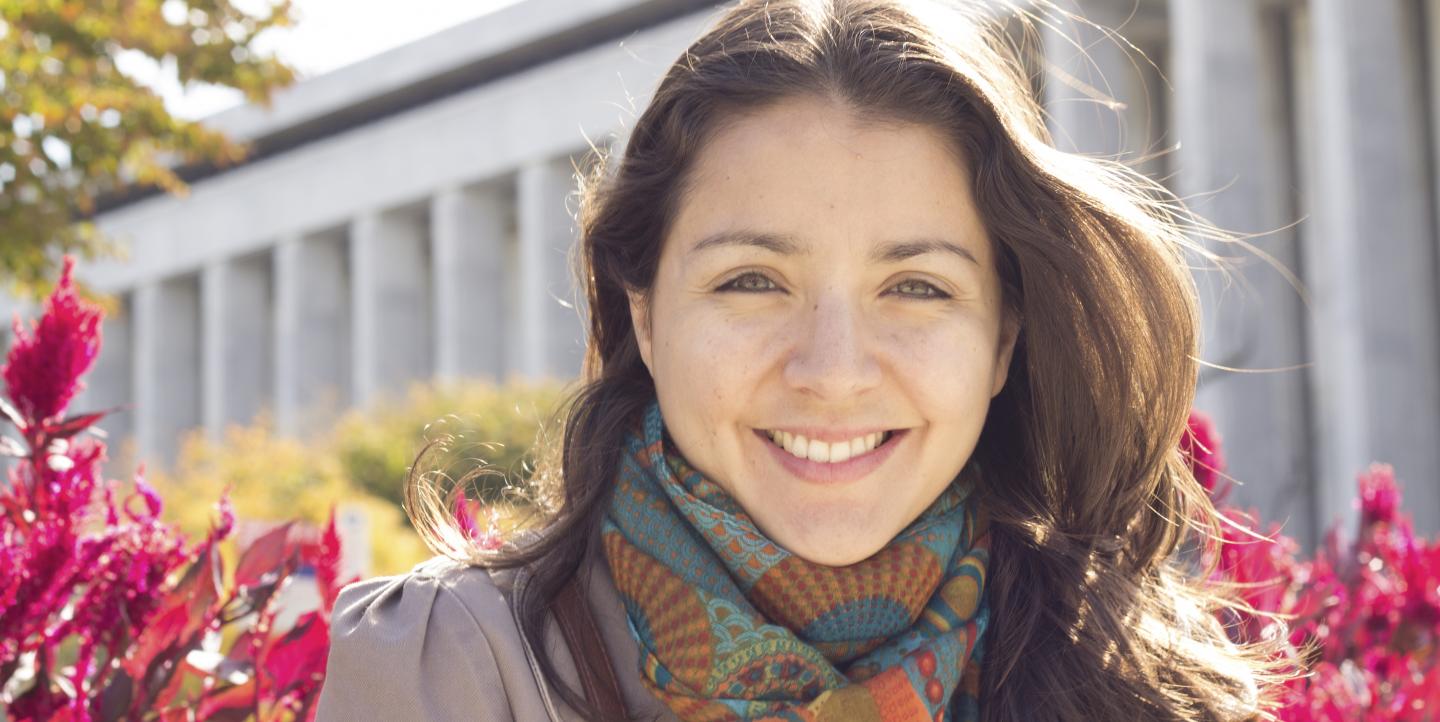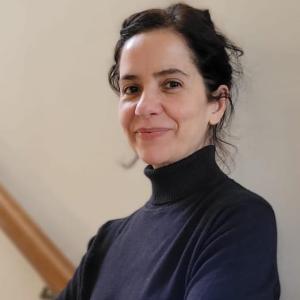Journalist María Julia Arana, born in Bolivia and a resident of Argentina for more than a decade, didn't expect to spend the last few months of 2016 in New York, covering the United Nations General Assembly. But there she found herself, having been nominated and selected for the Dag Hammarskjöld Scholarship, which she discovered on IJNet. Specializing in sustainable development, she is using her time at the U.N. to write for ComunicarSE, a private-sector oriented media outlet where Arana works as content coordinator.
She is also taking advantage of her stay to write article for Jallalla! magazine, written and run by Bolivian migrants in Buenos Aires, Argentina. In mid-October, she interviewed a professor of Quechua at New York University. She is exploring the city's enormous cultural diversity at a time when a core theme for the U.N. Assembly is the massive movement of migrants and refugees.
Arana spoke to IJNet about her experiences, what it's like reporting on the U.N. Sustainable Development Goals for the private sector and why she believes journalists need to specialize in something.
IJNet: You’ve been covering the United Nations in New York for a little over a month and have several weeks ahead of you. What has the experience been like?
Arana: I’m attending via an exclusive scholarship for journalists from developing countries. It’s awarded every year to four journalists: this year they selected one from Iran, another from Tajikstan, a journalist from Indonesia and myself, representing Argentina. The first weeks were the most intense, because that’s when the most high-level discussions took place, and at the same time we got to know the city. We also needed to get to know the dynamic of the U.N. Everything was very moving and interesting. Each one of us covered what we were interested in: I covered sustainable development issues for the website ComunicarSE, so everything that had to do with sustainable development goals, climate change and the Paris agreement was the most important to me, as well as gender equality and migration issues.
What are the particular challenges that arise from reporting for the private sector?
I’ve been writing for the private sector for six years. The truth is that in Latin America, and particularly in Argentina, this sector is very interested in everything that has to do with sustainability and sustainable development, so discussing these issues is simple. I think writing about sustainable development goals for businesses is actually easier than doing it for the general public. The private sector understands that today’s solutions do not come solely from the private sector, but are a joint work between sectors, including civil society. In terms of daily work, part of the challenge is to find what interest businesses might have in relation to these issues, how it could influence their future decisions, etc.
What advice would you give to those who are starting out their journalism careers?
First and foremost you need to work. Journalism is investing time in research, dedication, reading, consistency. You can't let yourself get disappointed, or feel overwhelmed by the insecurities that everyone feels at some point. I also think it's important to specialize. Sometimes, when you want to do broad coverage, you can't really look at anything deeply. But if you specialize in something really specific, you can provide plenty of context. I would also advise people to use IJNet: it opens up a world of possibilities.
Main image courtesy of Julia Arana.


